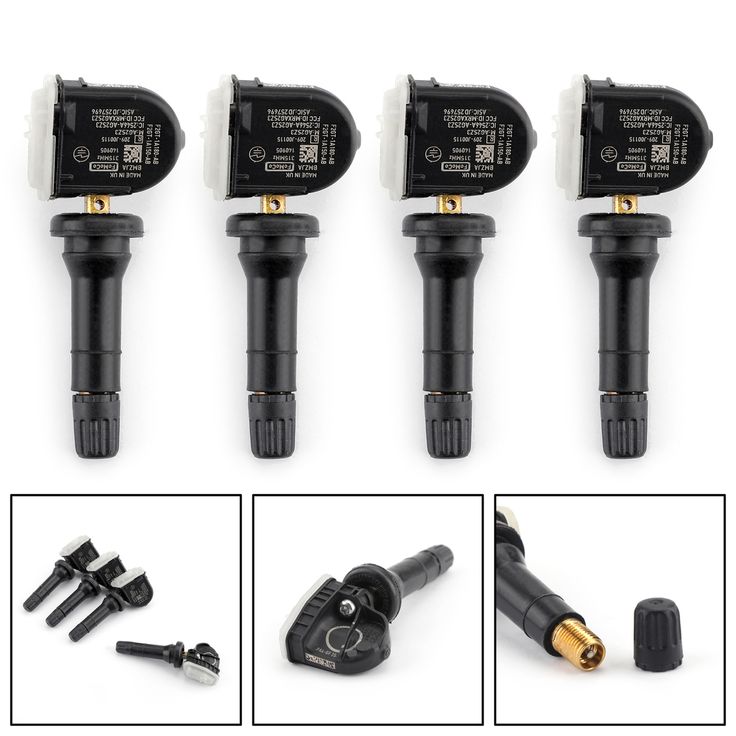This is due to regulations by the US government and updated safety standards.
The tire pressure information is used to notify you of a low tire pressure condition. If a tire loses pressure, a warning lamp is illuminated in the instrument cluster and a warning chime sounds. This is a very helpful system. If you have a tire puncture and are losing air, you will be notified, therefore allowing you to immediately pull over and reduce the damage to the tire. Any time you have a warning message related to tire pressure, immediately pull over and check all four-tire pressures. If you had a low tire and repaired the problem, you will have to reset the tire pressure monitoring system. This can be done easily through your instrument cluster.
When checking air pressure, make sure you use a plastic valve stem cap. A metal one can seize onto the TPM sensor and damage it. This applies to TPM sensor equipped vehicles.
Keep in mind that when your car was serviced before, parts may have been replaced with different size fasteners used in the replacement. The sizes of the nuts and bolts we give may be different from what you have, so be prepared with different size sockets and wrenches.
Protect your eyes, hands and body from fluids, dust and debris while working on your vehicle. If you're working with the electrical system, disconnect the battery before beginning. Always catch fluids in appropriate containers and properly dispose of any fluid waste. Recycle parts, packaging and fluids when possible. Never work on your vehicle if you feel the task is beyond your ability.
Our vehicle may vary slightly from yours as models do change and evolve, as they grow older. If something seems different, let us know and share your info to help other users. Do you have questions or want to add to the article? Leave a comment below. When leaving a comment, please leave your vehicle information.
There are two systems used in BMW Z4 models, FTM (flat tire monitor) or TPM (tire pressure monitoring).
Wheel speed FTM: In this system, fitted to most 2003: 2006 vehicles, tire pressure is monitored by ABS wheel speed sensors.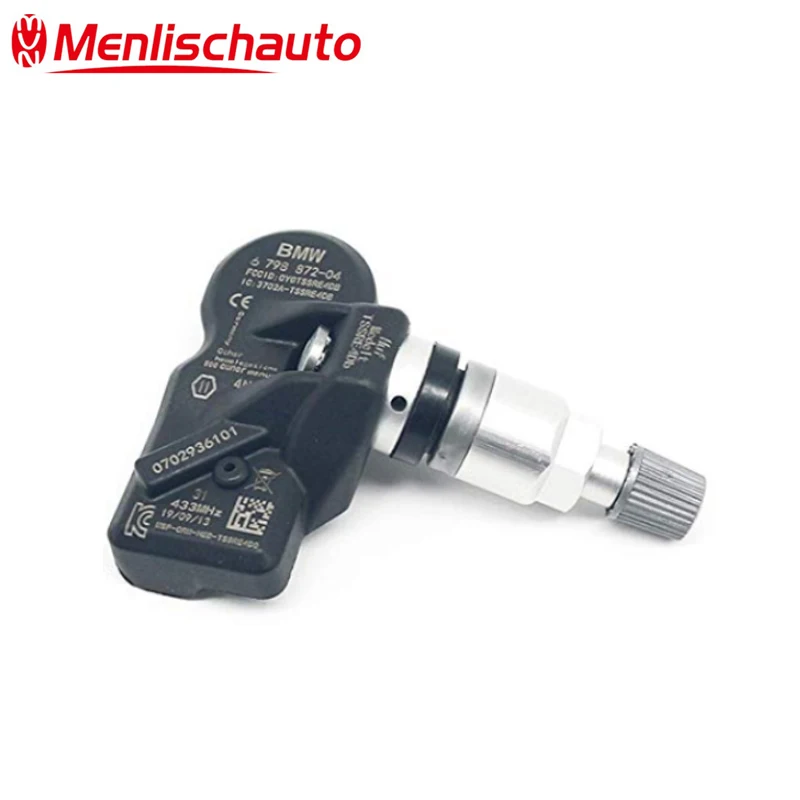 The ABS / DSC control module compares rotation speeds at all four wheels. In case of pressure loss in a tire, the rolling radius and therefore rotation speed of the wheel changes in relation to the other wheels. The inflation differential is inferred indirectly through tire speed differential. The control module detects this condition and illuminates a warning light in the instrument cluster.
The ABS / DSC control module compares rotation speeds at all four wheels. In case of pressure loss in a tire, the rolling radius and therefore rotation speed of the wheel changes in relation to the other wheels. The inflation differential is inferred indirectly through tire speed differential. The control module detects this condition and illuminates a warning light in the instrument cluster.
Sensor style TPM: In this system, gradually introduced in vehicles starting with 2007 models, tire pressure is measured directly using an antenna mounted in each wheel. This antenna communicates with a centralized module via separate receiving antennas located near each wheel.
The easiest way to tell the systems apart is the style of valve stem you have:
Hot tip
Follow steps for resetting closely.
Nick Czerula, DIY Expert
The first-generation BMW Z4 was known as the E85 in roadster form and E86 in coupé form. It was designed by Danish BMW-designer Anders Warming.
It was designed by Danish BMW-designer Anders Warming.
The Z4’s design addressed many criticisms of the preceding Z3; and was larger and featured a significantly stiffer chassis. The Z4 was initially only available as a roadster, but a coupé version was officially launched in 2006. The last model rolled off the assembly line on 27 August 2008 at the Spartanburg plant.
The second-generation Z4 was announced on 13 December 2008 and debuted at the 2009 North American International Auto Show in Detroit the following month. It is the first Z Series model to use a retractable hardtop and meant that there were no longer separate roadster and coupé versions of the car.The top is made of a two-piece lightweight aluminium shell and takes 20 seconds to operate. Manufacturing was moved from Spartanburg, United States to Regensburg, Germany.
The G29 Z4 is the third and current generation Z4 and was unveiled at the Pebble Beach Concours d’Elegance on 23 August, 2018 It reuses the soft-top convertible roof found on the E85 Z4 instead of a retractable hardtop.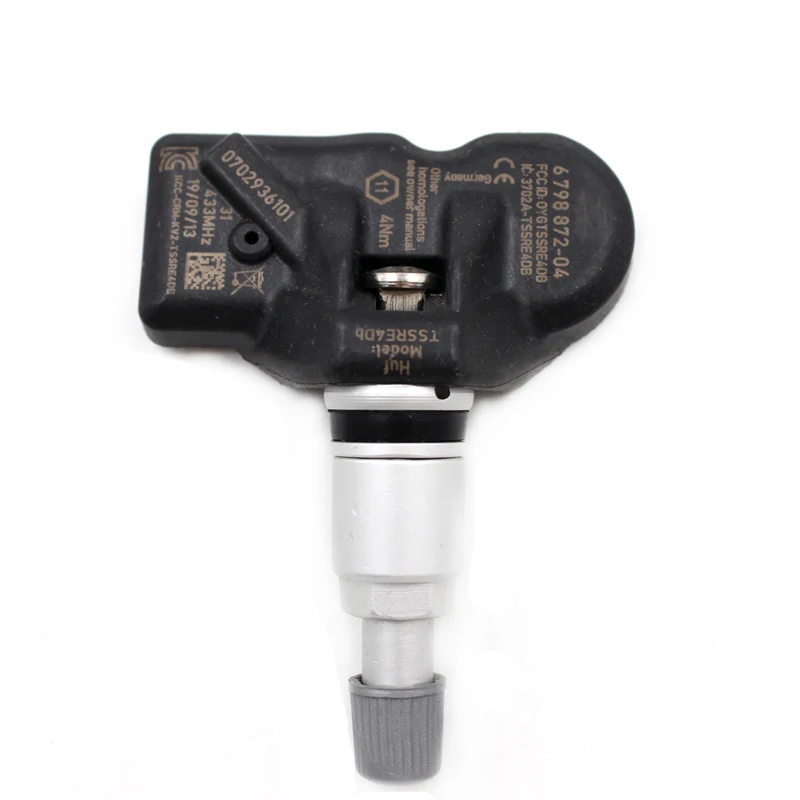 The G29 Z4 also shares its platform with the fifth generation Toyota Supra.
The G29 Z4 also shares its platform with the fifth generation Toyota Supra.
NOTE: On some X5 models, the reset button is marked “RDC”.
CAUTION: When driving with snow chains or a space-saver spare tire, DO NOT initialize the system.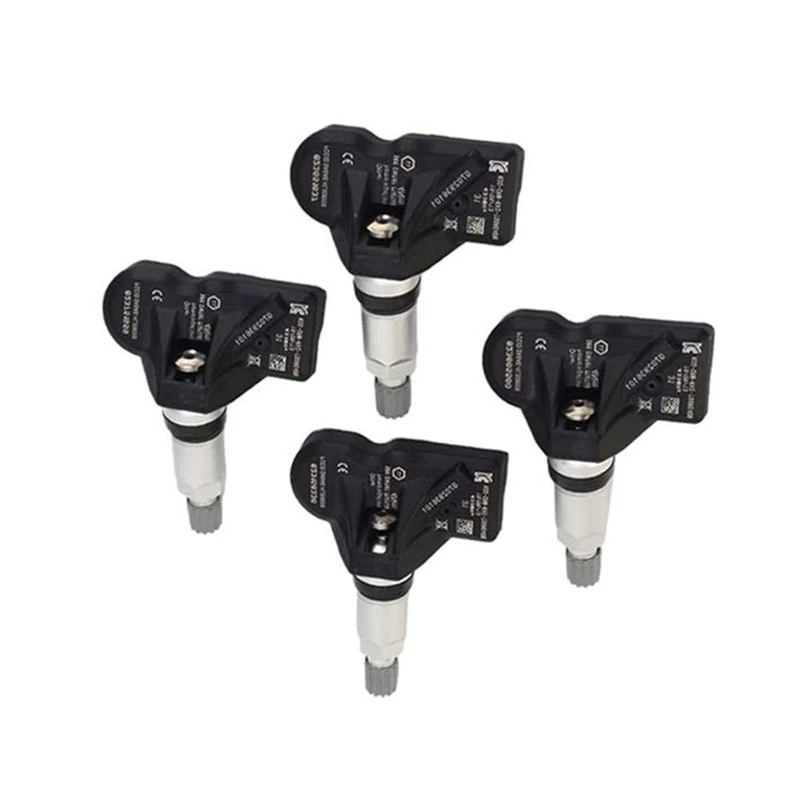
Locating TPM System Reset Button (X5)
Indirect System (Flat Tire Monitor)
CAUTION: Do not initialize the system while snow chains are attached.
NOTE: Each time a tire inflation pressure has been corrected or a wheel or tire has been changed, reset the system.
Initialization:
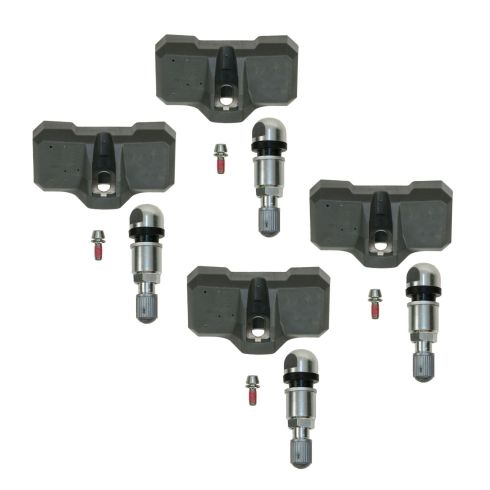
The initialization is completed during driving, which can be interrupted at any time. When driving resumes, the initialization is continued automatically.
Checking FTM Status:
NOTE: Each time a tire inflation pressure has been corrected or a wheel or tire has
been changed, reset the system.
TPMS Status indicator on the Control Display:
The color of the tires represents the status of the tires and the system. TPM takes into account that tire pressures change while the vehicle is being driven. The tire pressures do not need to be corrected unless the TPM instructs you to do so by means of color indicators.
#Green: The tire inflation pressure corresponds to the established target value.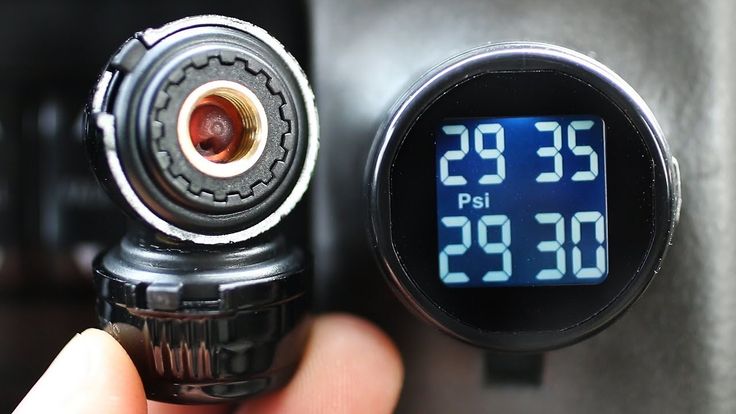 “TPM active” appears
“TPM active” appears
on the Control Display.
#One Wheel Yellow: There is a flat tire or substantial loss of tire pressure in the indicated tire. A
message appears on the Control Display.
#All Wheels Yellow: There is a flat tire or substantial loss of tire pressure in several tires. A message
appears on the Control Display.
#Gray: The system cannot detect a puncture. Possible reasons for this:
After driving a few minutes, the set inflation pressures in the tires are accepted as the target values to be monitored. The system reset is completed during your drive, and can be interrupted at any time. When driving resumes, the reset is continued automatically. On the Control Display, the tires are shown in green and “TPM active” is displayed again.
The system reset is completed during your drive, and can be interrupted at any time. When driving resumes, the reset is continued automatically. On the Control Display, the tires are shown in green and “TPM active” is displayed again.
IMPORTANT: If a flat tire is detected while the system is resetting and determining the inflation pressures, all tires on the Control Display are displayed in yellow. The message “Low tire!” is shown.
Indirect System (Flat Tire Monitor)
CAUTION: Do not initialize the system while snow chains are attached.
NOTE: Each time a tire inflation pressure has been corrected or a wheel or tire has been changed, reset the system.
Reset:
The initialization is completed during driving, which can be interrupted at any time. When driving resumes,the initialization is continued automatically.
CAUTION: Do not initialize the system while snow chains are attached.
NOTE: Each time a tire inflation pressure has been corrected or a wheel or tire has been changed, reset the system.
IMPORTANT: The system does not work correctly if it has not been reset; for example, a flat tire may be indicated even though the tire inflation pressures are correct. The system is inactive and cannot indicate a flat tire if a wheel without TPM electronics, such as a compact spare wheel, has been mounted, or if TPM is temporarily malfunctioning due to other systems or devices using the same radio frequency.
After driving a few minutes, the set inflation pressures in the tires are accepted as the target values to be monitored. The system reset is completed during your drive, and can be interrupted at any time. When driving resumes, the reset is continued automatically. The indicator lamp goes out after the system reset is completed.
Message For Unsuccessful System Reset: The warning lamp lights up yellow. A message will appear on the Control Display. Check the tire inflation pressure and reset the system.
A message will appear on the Control Display. Check the tire inflation pressure and reset the system.
Malfunction: The small warning lamp flashes in yellow and then lights up continuously; the larger warning lamp comes on in yellow. On the Control Display, the tires are shown in gray and a message appears. No punctures can be detected. This type of message is shown in the following situations:
Thats All! Thank you Very Much.
You are the proud owner of a recent car, the joy of haptic devices, the integrated technologies should bring you the convenience of using your BMW 4 Series, which is important because the technology talks about electricity, and as we all unfortunately know that in some cases there are disturbances to be resolved.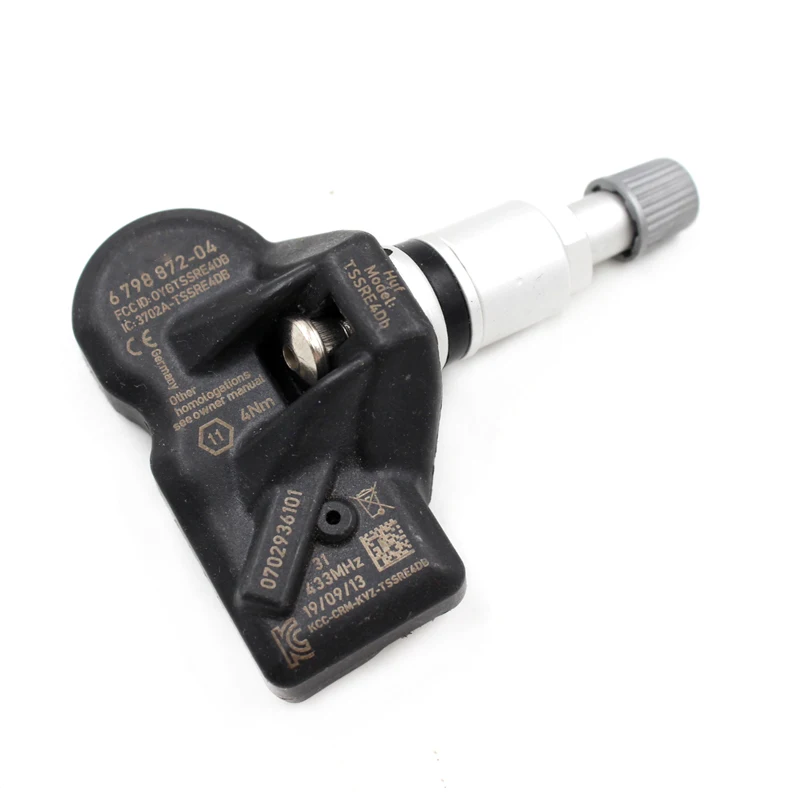 Today we will look at the tire pressure sensor and exactly how to reset the tire pressure sensor on the BMW 4 series so that this indicator never appears on the dashboard again. To do this, we will divide our content into two parts: first of all, we will look at the classic circumstances for the appearance of a tire pressure indicator light and the operations that need to be performed, and then the circumstances when the tire pressure indicator remains on even when inflated. tires, so how to reset this tire sensor on BMW 4 series.
Today we will look at the tire pressure sensor and exactly how to reset the tire pressure sensor on the BMW 4 series so that this indicator never appears on the dashboard again. To do this, we will divide our content into two parts: first of all, we will look at the classic circumstances for the appearance of a tire pressure indicator light and the operations that need to be performed, and then the circumstances when the tire pressure indicator remains on even when inflated. tires, so how to reset this tire sensor on BMW 4 series.
First, we will look at the classic way to reset the tire sensor on the BMW 4 series, which if it lights up, here are the basic simple steps:
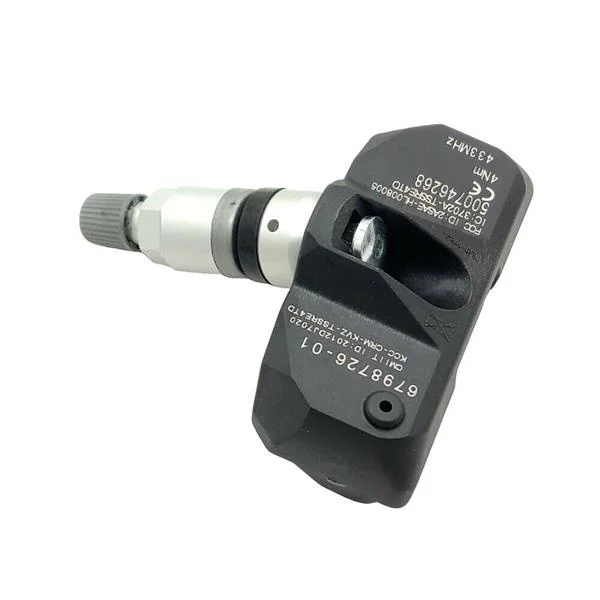
 This probably means you have Faulty tire pressure sensor. This requires to reset the value on your car's dashboard. However, be careful not to do this while driving as pressure fluctuations will interfere with the pressure sensors. In most cases you have to go through the car settings, then you should find the option to diagnose inflation or "detect deflation", once on this tab you have to hold the select or reset button according to the year of your BMW 4 series until you see the message on the car console confirming that the reset has been taken into account (usually takes a few seconds). You can now turn off the ignition and restart your BMW 4 Series to check if the tire pressure indicator has gone out.
This probably means you have Faulty tire pressure sensor. This requires to reset the value on your car's dashboard. However, be careful not to do this while driving as pressure fluctuations will interfere with the pressure sensors. In most cases you have to go through the car settings, then you should find the option to diagnose inflation or "detect deflation", once on this tab you have to hold the select or reset button according to the year of your BMW 4 series until you see the message on the car console confirming that the reset has been taken into account (usually takes a few seconds). You can now turn off the ignition and restart your BMW 4 Series to check if the tire pressure indicator has gone out. 